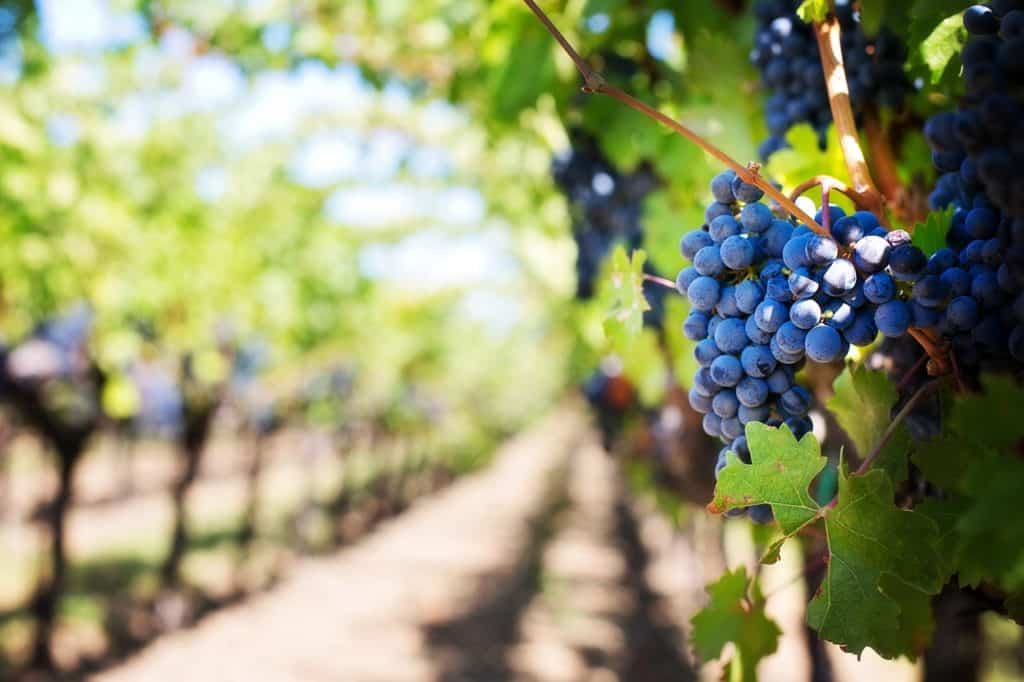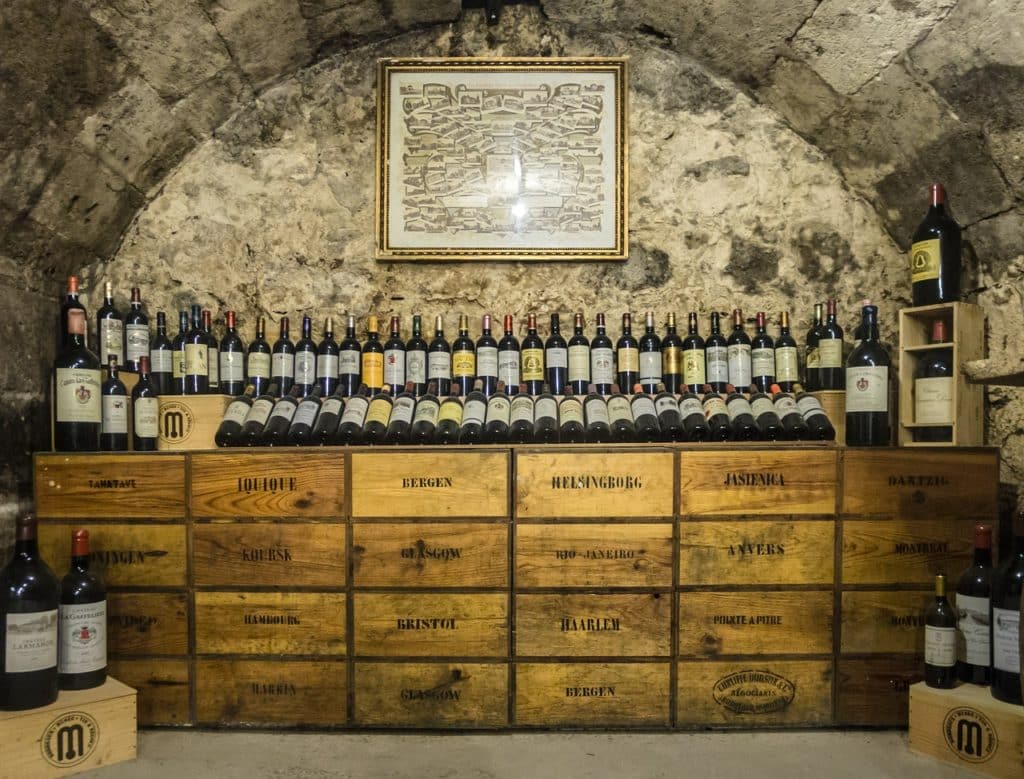How to Start Your Winery on the Right Foot
One of the lucrative businesses that you can start is a winery. However, you may find the industry tough and quite competitive. Moreover, winemaking is a year-long activity that includes tending to the vines, making wine and marketing. Nevertheless, if you get everything right, winemaking can become profitable in the long run. Here are a few basic things that you should keep in mind to ensure success in your winery business.
Be prepared to wait for the profits
In a traditional winery set up, you buy land, plant your vines, harvest and make wine. Several things might go wrong in the process. For example, the crop may not do well due to climatic changes. You will also take some time before getting your products to the target audience. The distribution of wine is controlled by tightly controlled distribution channels thereby making the business a little tricky. Therefore, when joining the industry, have your eyes focused on the long-term profits rather than short-term profitability.
Find a niche
Where you plan to start the business, there is a likelihood that there are tens of similar wine-making companies. Even if this is not the case, you will still have to fight numerous established international brands in the local market. Given the intense competition in the wine-making industry, you need to develop a niche. Coming up with something unique will get the attention of the target market and help you avoid direct competition from established brands.
When developing a niche product, do adequate market research to determine the needs and preferences of your target clientele. You must get everything right, the taste, price, and type of liqueur. It is the only way you can get them to enjoy your product.
Select your grape type
The soil in your selected location may limit you regarding the types of grapes you can grow. The best approach is picking your grape type then look for a location that supports the vine. There are three types of grapes namely: Vitis Vinifera, Vitis Labrusca and Vitis Rotundifolia.
The first type is used to make over 98 percent of all wines including cabernet sauvignon and Pinot Noir. The second grows mostly in Canada and Northern America while the third is a sweet variety used to make dessert wines. Your preferred niche should determine the choice of grapes.
Get adequate capital
According to Denis Mackenzie, winemaking is a capital-intensive business venture. It also takes a great deal of time before you start making anything in return unless you purchase an existing winery. If you start from scratch, it will take two to three years before you can have a commercial crop ready. At the start, the winemaking process may take a year or two. Ensure that you have the cash you need for all this period that you will not be making any returns.
Loan financing may give you a bit of problem as you will have to make payments with nothing in return. Consider other forms of long-term financing such as angel financing, joining hands with a renowned investor and of course your savings.
Get the product into the market
As said earlier, the wine distribution process is a little complex and tightly controlled by the major players. Therefore, the best approach is to get the interest of a major wholesaler who sells to restaurants and retailers. Unfortunately, the wine industry does not just follow the demand and supply principles; they sometimes like to mix things up to give variety to their customers. You are likely to find that your wine is off the list even if the sales volumes have been doing great as retailers seek to diversify their wine list.
You will have to do more legwork. In addition to promoting the products through the media, you need to get to the major players in distribution and get them to like your product. You need to get the attention of as many as possible to protect yourself from a likely change of mind at any point.
Navigate the red tape
Production of alcoholic beverages the world over is somewhat complicated as it is entangled in lots of red tape. Be ready for the paperwork. In addition to your operating license, there will be many other agencies which you have to get their nod before the product reaches the market. For example, in the USA, you have to get licensed by the Alcohol and Tobacco Tax and Trade Bureau. The watchdog has to approve everything including the final product and the label of your wine bottle.
Denis Mackenzie advises that you should start the license application process early into your wine-making business. Get an experienced attorney to help you navigate through the complex licensing. You could also cut the cost by getting production contracts from established brands in the market. However, going this route denies you the chance of getting products in the market under your name. For the small business, it may be worthwhile at the start.
Conclusion
Winemaking business is both capital intensive and requires lots of commitment. However, you can earn good profits in the long-term if you are patient and play your cards right. Take your time, plan, get the right licenses and find a way to work around the distribution market to ensure success.

